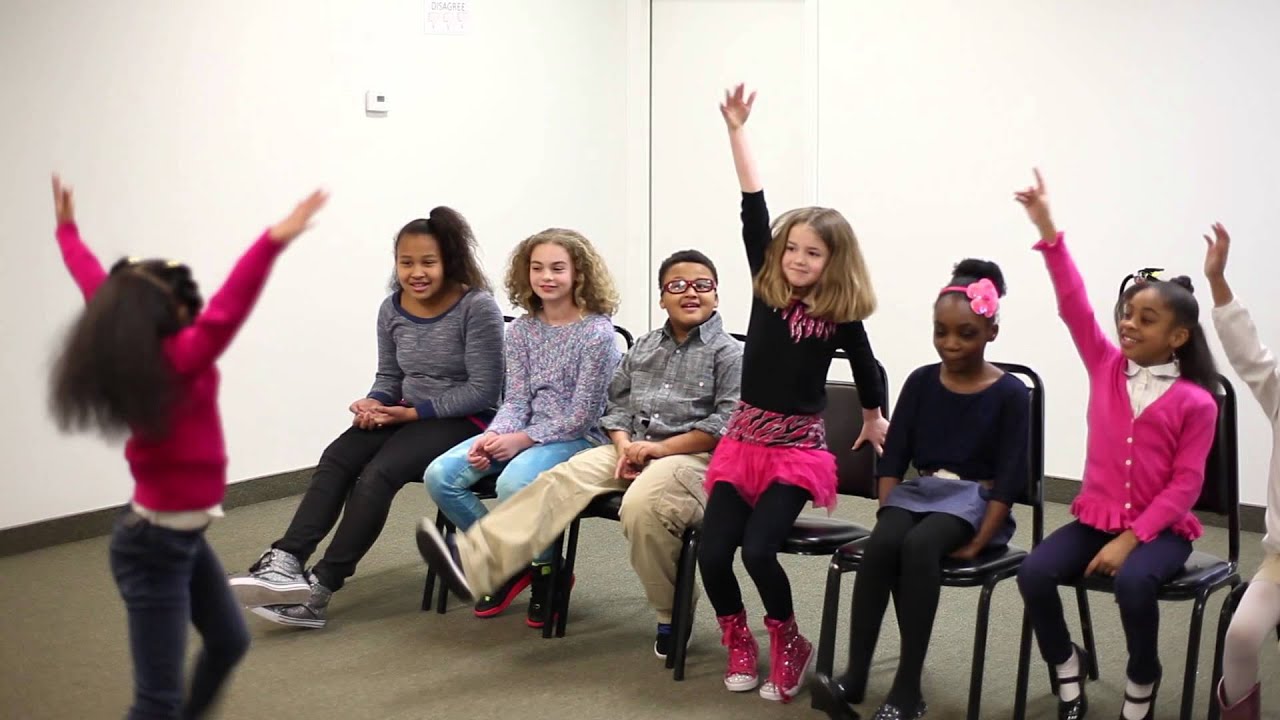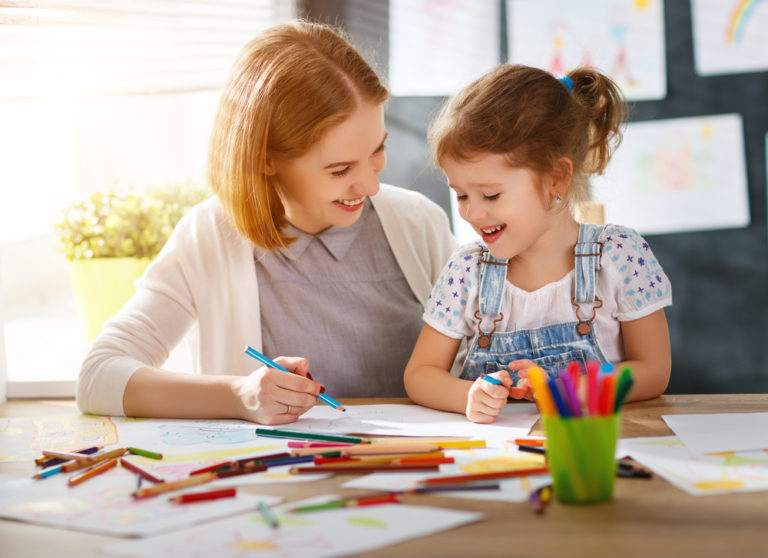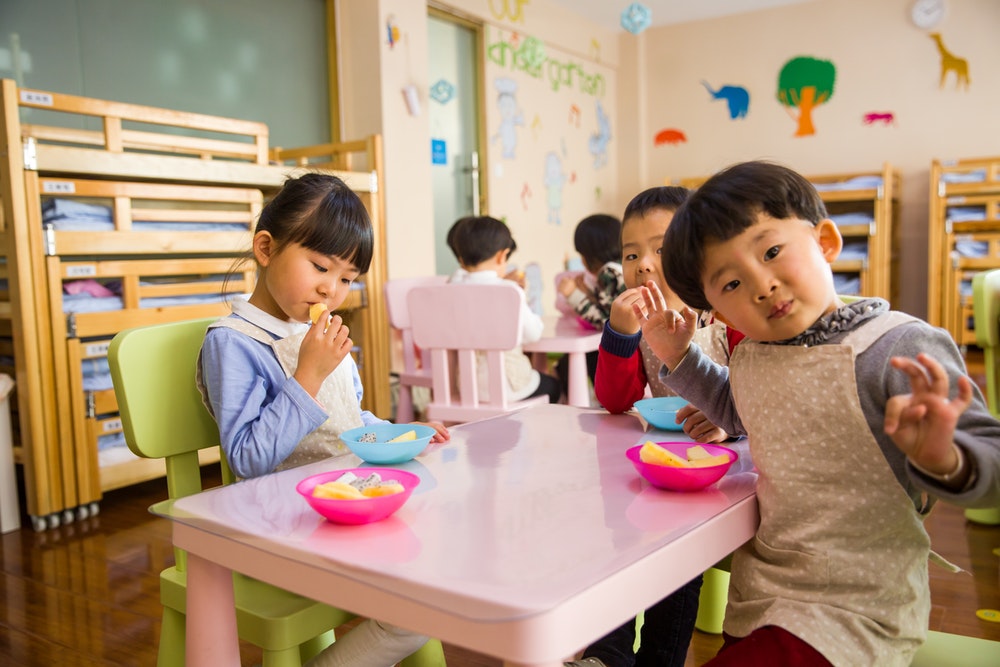Raising Problem-Solvers with Critical Thinking Skills

Critical thinking skills involve the ability to analyse information, evaluate different perspectives, and make reasoned decisions. These skills are not just about learning facts but about understanding how to apply knowledge effectively in real-world situations. For primary school children, developing critical thinking means learning how to approach challenges methodically, think independently, and solve problems creatively.
The Benefits of Critical Thinking Skills for Children
Enhancing Problem-Solving Abilities
Children with strong critical thinking skills approach problems with a solution-focused mindset. They learn to break down challenges into manageable steps, consider possible outcomes, and choose the best course of action. This systematic approach not only improves academic performance but also equips children with practical life skills.
Boosting Academic Success Through Analytical Thinking
In the classroom, critical thinking skills help children understand and interpret information more deeply. Whether solving maths problems, analysing literature, or conducting science experiments, critical thinking enables students to connect concepts, identify patterns, and develop well-informed conclusions.
Encouraging Independence and Self-Confidence
Children who are taught to think critically gain confidence in their ability to make decisions. They learn to trust their judgement, assess risks, and handle new situations with composure. These skills foster independence, allowing children to navigate academic and social challenges with greater ease.
Improving Communication and Collaboration
Part of critical thinking is the ability to articulate thoughts clearly and listen to others’ viewpoints. Through discussions, debates, and group projects, children learn to present arguments logically, ask relevant questions, and respect diverse perspectives—key skills for effective communication and teamwork.
Preparing Children for Future Success
The world is changing rapidly, and future jobs will require adaptable thinkers. By building critical thinking skills early, children are better prepared for higher education and professional environments where analysis, creativity, and problem-solving are highly valued.
How to Develop Critical Thinking Skills in Children
Encourage Curiosity Through Open-Ended Questions
Instead of giving children answers, ask them questions that make them think critically. Questions like “What do you think will happen if…?” or “Why do you think this is the best solution?” help children explore different possibilities and develop reasoning skills.
Incorporate Problem-Solving Activities into Daily Life
Everyday situations present opportunities to build critical thinking. Activities like puzzles, strategy games, and problem-solving scenarios at home help children practise analytical thinking in a fun and engaging way.
Promote Reflection and Self-Evaluation
After completing a task or making a decision, encourage children to reflect on their process. Ask them what worked, what they could have done differently, and what they learned. This habit of reflection helps improve their critical thinking over time.
Model Critical Thinking Behaviours
Children learn by example. Show them how you approach problems by thinking aloud, weighing options, and explaining your reasoning. This demonstrates how to analyse situations and make thoughtful decisions.
Provide Opportunities for Debate and Discussion
Engaging children in discussions about current events, stories, or hypothetical scenarios sharpens their critical thinking. It teaches them how to construct arguments, back up their opinions with evidence, and understand different viewpoints.
What to Remember When Nurturing Critical Thinking Skills
Support Mistakes as Learning Opportunities
Mistakes are a natural part of learning. When children make errors, guide them to analyse what went wrong and how they might approach the situation differently next time. This encourages resilience and adaptability.
Celebrate Effort and Thought Process, Not Just Results
A strong emphasis on the process of thinking critically rather than simply achieving the correct answer helps children focus on developing their analytical skills. Praise their problem-solving approach, logical reasoning, and creative thinking.
Encourage a Growth Mindset
Teaching children that intelligence and skills can improve with effort helps them remain open to challenges. A growth mindset reinforces the idea that critical thinking is a skill that can be developed over time through practice and perseverance.
Maintain a Balanced Approach
While nurturing critical thinking skills is important, it is also essential to balance this with creativity, play, and emotional development. Children need a holistic approach to learning that supports their overall well-being and growth.
Conclusion
Raising a child with strong critical thinking skills sets them up for lifelong success. These skills not only enhance academic performance but also build the confidence, independence, and resilience needed to thrive in an ever-changing world. By incorporating critical thinking into everyday activities and providing a supportive environment, parents can help their children develop into thoughtful, capable, and resourceful individuals.








